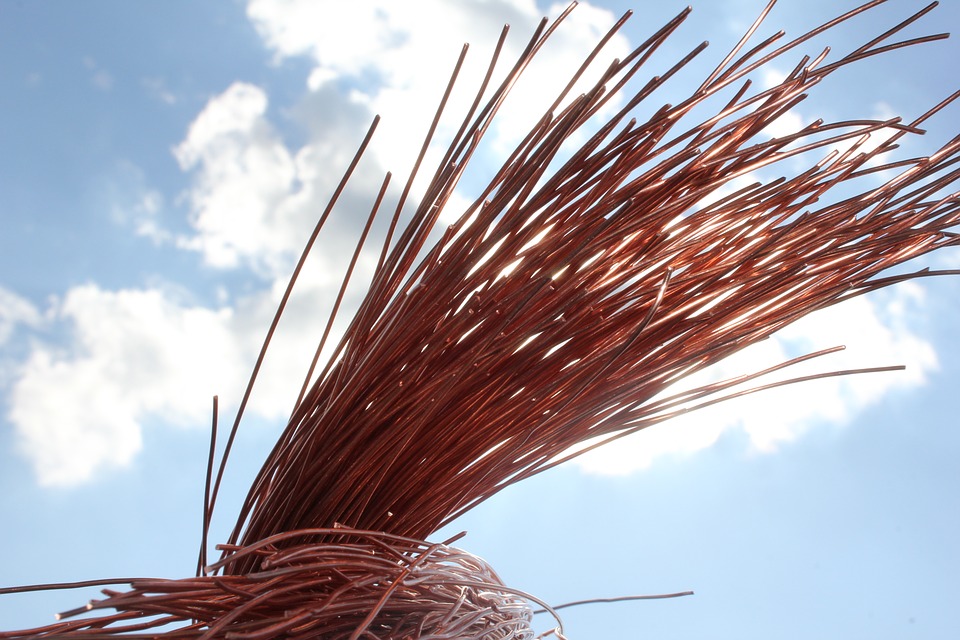
With its high level of electrical conductivity, as well as its heat-resistant properties, copper is commonly used to make wire. Most electrical wire, in fact, is made of copper. With that said, not all wire is made of solid copper.
There’s solid copper wire, and there’s copper-clad aluminum wire. Copper-clad aluminum wire features an aluminum core wrapped in a thinner layer of copper cladding. Solid copper wire, on the other hand, is made entirely of copper. What are the pros and cons of copper-clad aluminum wire exactly?
Pro: Cost Savings
Copper-clad aluminum wire typically costs less than wire made of solid copper. Metal prices change on a daily basis. Nonetheless, copper is consistently more expensive than aluminum. Copper-clad aluminum wire consists mostly of aluminum. It only has a small amount of copper for the cladding. As a result, copper-clad aluminum wire costs less than solid copper wire.
Pro: Lightweight
Not only does it cost less than solid copper wire, but copper-clad aluminum wire is also lighter as well. Copper is heavier than aluminum. It weighs roughly 70 percent more than aluminum, in fact. Copper-clad aluminum wire consists mostly of aluminum, so it’s naturally lighter than solid copper wire. The lightweight properties of copper-clad aluminum wire make it easy to install.
Pro: Versatile
With its wide range of supported applications, copper-clad aluminum wire is versatile. It’s commonly used in speakers. Headphones, home stereo systems and other speakers often feature copper-clad aluminum wire as the main type of conductor. Copper-clad aluminum wire is also used in buildings. It’s a popular alternative to solid copper wire because of its cost-savings benefits combined with its lightweight properties.
Con: Not as Strong
Copper-clad aluminum wire isn’t as strong as solid copper wire. It’s more likely to break or split due to its aluminum core. If you’re worried about damage, you may want to choose solid copper wire. Solid copper wire is inherently stronger. It consists entirely of copper, which is stronger and better protected from damage than aluminum.
Con: Lower Electrical Conductivity
Copper-clad aluminum wire has a lower level of electrical conductivity than solid copper wire. It’s still more conductive than aluminum, but copper-clad aluminum wire lacks the electrical conductivity of solid copper wire. Both aluminum and copper are classified as electrically conductive materials. Copper is simply more conductive than aluminum, meaning electricity can flow through it more easily while encountering less resistance.

